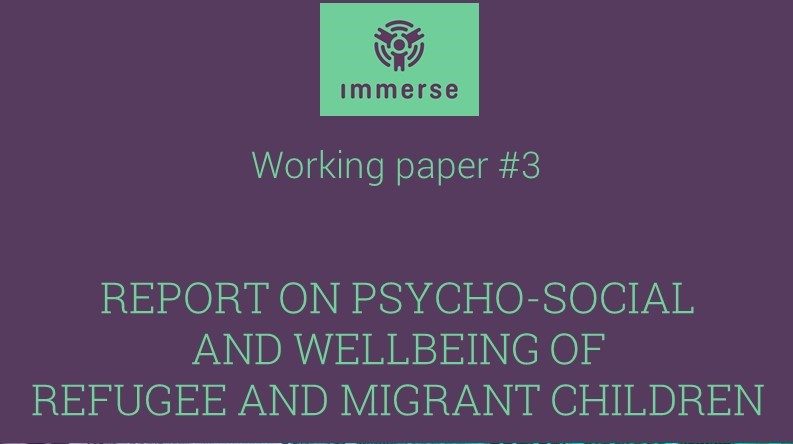Description
The COVID-19 pandemic has reshaped how we approach security and movement. In places where ‘social distancing and washing hands with soap and water are not an option’, such as migrant facilities in low- and middle-income countries, the pandemic has had a particularly harsh effect. This policy brief details the impact of COVID-19 on four dimensions of risk in child migrants’ lives internationally: poverty, survival and health, education, and protection and safety. Legal shifts due to COVID-19 are also identified. Recommendations include providing accurate, up-to-date pandemic information; halting refoulement, deportation and detention; and implementing education strategies for migrant and displaced children.
- Access to compulsory education
- Access to health care
- Children complete compulsory education
- Children remain in (formal) education beyond compulsory levels / Access to (formal) non-compulsory education
- Children's legal status



